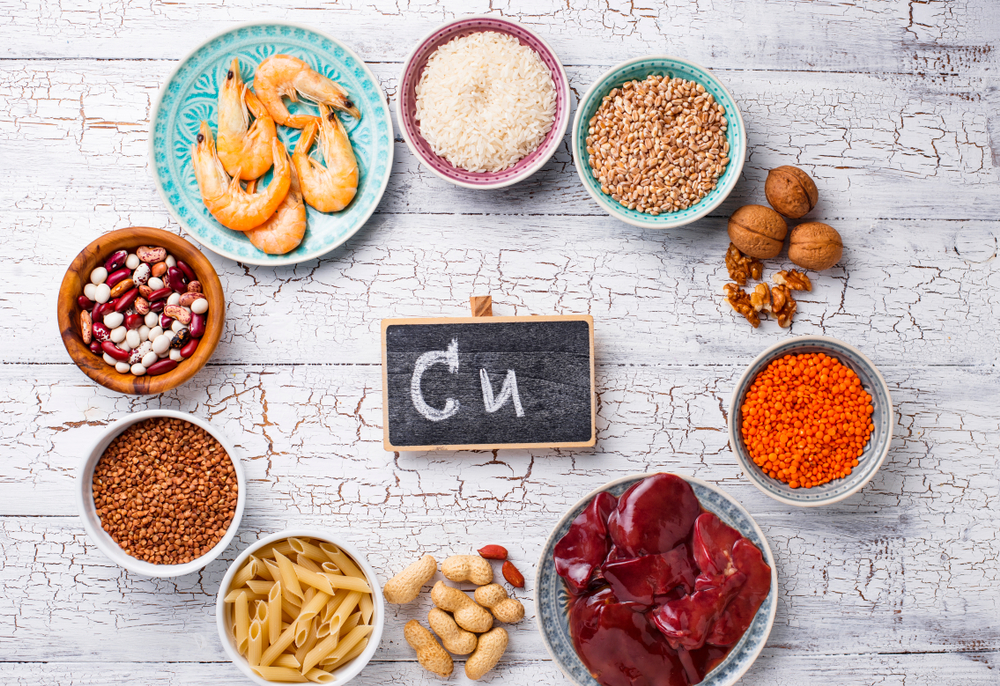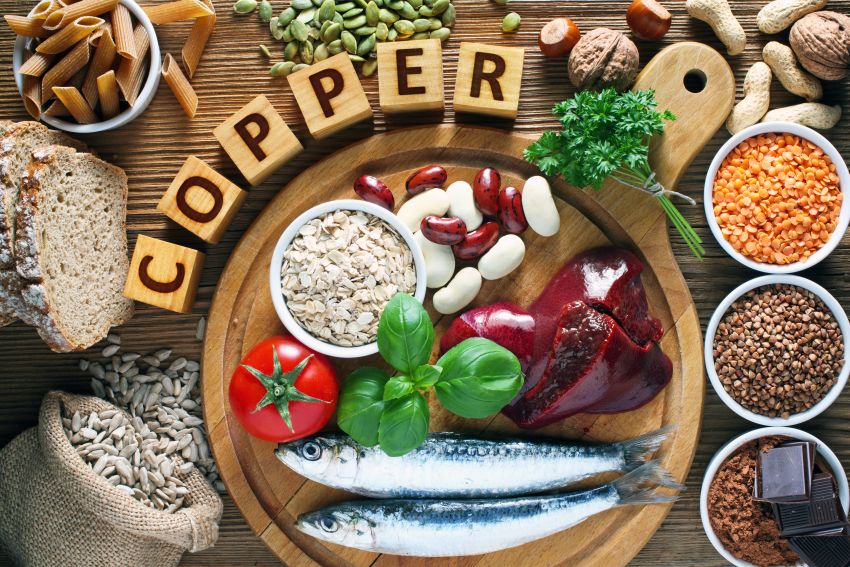Copper may not be the first mineral that comes to mind when you think of nutrition, but it plays a vital role in keeping your body functioning optimally. As a trace mineral, your body only needs small amounts of copper—but those small amounts support big biological processes.
In this post, we’ll explore the benefits of copper, the best dietary sources, and when too much can become harmful.
🥇 What Is Copper and Why Do We Need It?
Copper is an essential micronutrient involved in several key bodily functions. It’s required for the formation of red blood cells, the maintenance of nerves, and the proper functioning of your immune system.
The body doesn’t produce copper on its own, so it must be obtained through food or supplements in appropriate amounts.
💡 Health Benefits of Copper
1. Supports Energy Production
Copper helps form cytochrome c oxidase, an enzyme critical for the electron transport chain, which is how your cells generate energy (ATP). Without enough copper, energy production slows down.
2. Boosts Brain Health
Copper plays a role in neurotransmitter function and brain development. It’s essential for learning, memory, and protecting nerve cells from damage.
3. Aids Iron Absorption
Copper works hand-in-hand with iron to form healthy red blood cells. A copper deficiency can lead to iron deficiency and even anemia, despite adequate iron intake.
4. Promotes Healthy Connective Tissues
Copper is involved in the production of collagen and elastin, helping maintain joint flexibility, skin integrity, and blood vessel health.
5. Strengthens the Immune System
Adequate copper intake helps the immune system respond effectively to infections by influencing white blood cell activity.
6. Acts as an Antioxidant
Copper is a component of superoxide dismutase (SOD), one of the body’s most powerful antioxidant enzymes. It helps neutralize free radicals and reduce oxidative stress.
🥗 Dietary Sources of Copper
Most people can meet their copper needs through a well-balanced diet. Rich sources include:
✅ Animal-Based Sources:
- Liver (especially beef and lamb liver)
- Shellfish (like oysters and crab)
- Fish (such as salmon and tuna)
✅ Plant-Based Sources:
- Nuts and seeds (especially cashews, sunflower seeds, sesame)
- Whole grains (like oats, quinoa, and buckwheat)
- Legumes (lentils, chickpeas, black beans)
- Dark chocolate and cocoa powder
- Leafy greens (like spinach and kale)
The Recommended Dietary Allowance (RDA) for adults is about 900 micrograms (mcg) per day, with slightly higher needs during pregnancy and lactation.
⚠️ Contraindications and Toxicity
While copper is essential, too much can be harmful.
❌ Copper Toxicity
Excessive copper intake—whether from contaminated water, overuse of supplements, or rare metabolic disorders—can lead to symptoms like:
- Nausea and vomiting
- Abdominal pain
- Headaches
- Liver damage
- Mental confusion
In extreme cases, copper toxicity can be fatal.
❌ Wilson’s Disease
This is a rare genetic disorder in which the body cannot eliminate excess copper, leading to dangerous accumulation in the liver and brain. People with Wilson’s disease must follow a copper-restricted diet under medical supervision.
❌ Supplement Use
Most people don’t need copper supplements unless directed by a healthcare provider. High-dose copper supplements can interfere with zinc absorption and vice versa, so balance is important.
🧾 Key Takeaways

- Copper is essential for red blood cell production, brain function, immune support, and antioxidant defense.
- You can get enough copper from a balanced diet—especially by including shellfish, nuts, seeds, and whole grains.
- Too little copper can cause anemia and immune problems; too much can lead to toxicity.
- Always be cautious with supplements, and consult a healthcare provider if you suspect a deficiency or excess.

